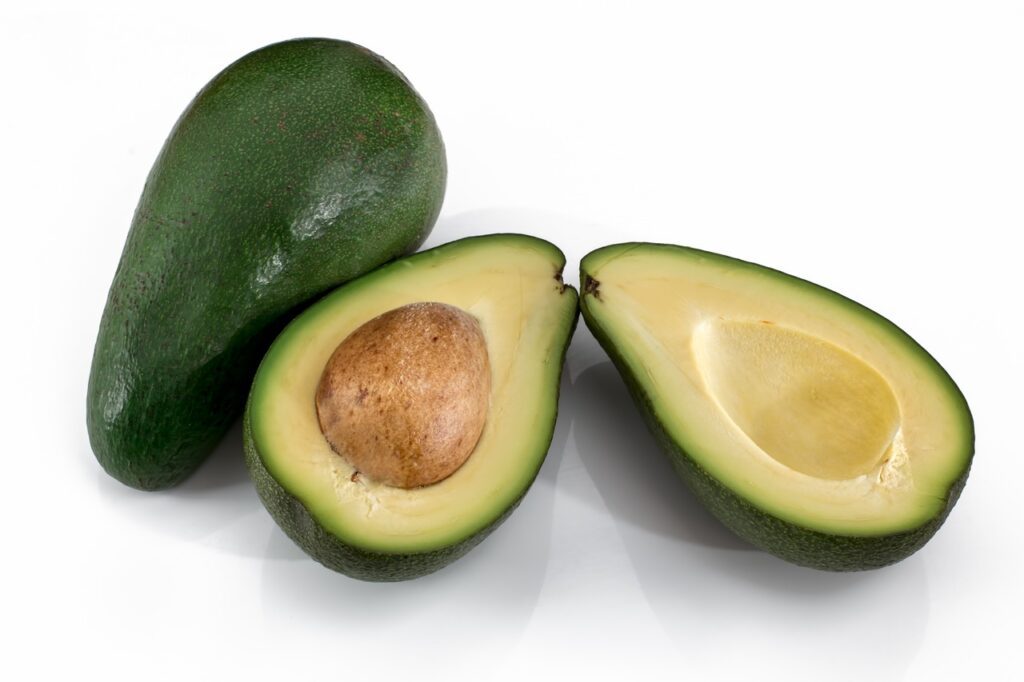
Fat is an important nutrient for the body. It stores energy, protects the organs, helps with regulating blood pressure and cholesterol, and helps absorb nutrients. Additionally, fats make foods taste better and help us feel full and satisfied. When we eat fats, our stomachs empty slower which releases blood sugar into the blood at a slower rate.
The fat found in our bodies doesn’t just come from the fat we eat. The body can produce fat when we eat too many calories. These extra calories can be from any of the food groups – carbohydrates, proteins, or fats.
Dietary fats are classified into three types:
- Trans fats – this fat is considered the least healthy of fats. Trans fats raise the bad cholesterol in the blood. Artificially made trans fats have mostly been removed from processed foods. Naturally occurring trans fats, however, are found in milk, butter, cheese, and meat products.
- Saturated fat – also known as the “bad” fat, is mainly found in animal products like beef, pork, and high-fat dairies like butter, cream, cheese, and coconut oil. They are also found in highly processed foods, fast foods, and pastries. These types of fats are “solid” at room temperature. Eating these types of fats can increase cholesterol levels and risk for heart disease.
- Unsaturated fat – These are known as the “healthier” fats. Unsaturated fats are broken down into two types:
- Monounsaturated – found in avocados, peanuts, almonds, hazelnuts, cashews, pecans, and seeds like pumpkin, sesame, and sunflower.
- Polyunsaturated – found in plant-based oils like corn, soybean, and safflower oils. They are also in walnuts, flaxseeds, sunflower seeds, and fish like salmon, tuna, and trout.
How Do I Know How Much to Eat of Which Fat?
The Dietary Guidelines for Americans no longer give recommended amounts of fat. But they do still say to keep saturated fat intake to a small amount, no more than 10% of total daily calories.
It is important to know that many of our foods already have some fat in them. Check food labels to see what kinds of fats are included. In general, aim to eat more healthy fats and less unhealthy fats.
Fat has more calories than carbohydrates and proteins. You only need a small amount of fat in your diet. Eating too much can lead to weight gain.
What are the Benefits of Eating Healthy Fats?
Healthy fats can help raise your healthy cholesterol, HDL. HDL cholesterol helps vacuum up the bad cholesterol in your blood. Additionally, research shows that eating more of the “good” and less of the “bad” helps with brain health and lowers inflammation in the body.
How Does Fat Affect My DayTwo Score?
Fat (and protein) take longer to digest which slows down the release of blood sugar into the bloodstream. This is why it is recommended to add healthy fat (or protein) to a food or meal with a lower score.
Not all fats are equal. You may find you have to try different fats for different foods. Keep in mind scoring depends on the combination of the foods and how your body’s blood sugar will react.